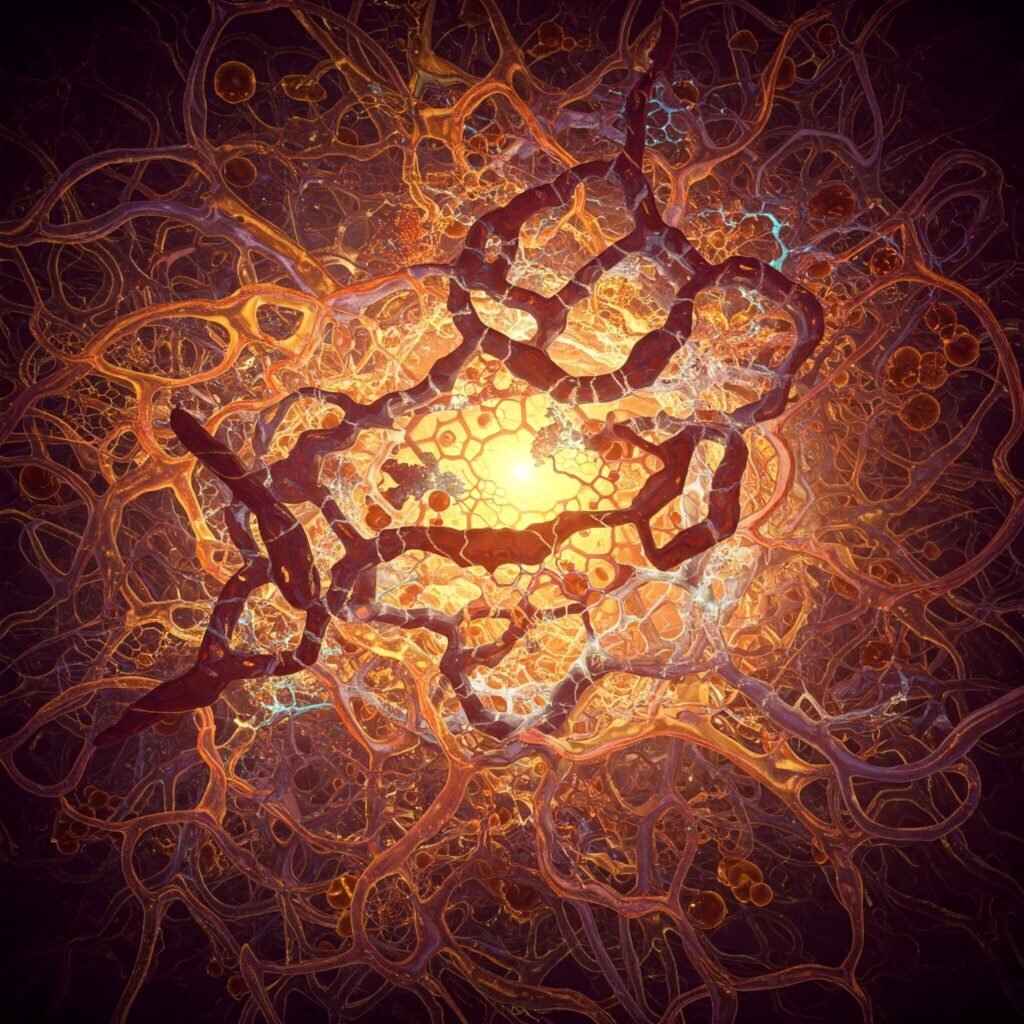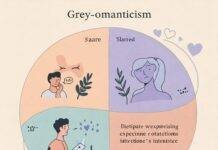That feeling of euphoria after intimacy can sometimes be unexpectedly followed by a wave of unease, sadness, or even anxiety. This experience, often referred to as post-sex anxiety, or post-coital dysphoria (PCD), is more common than many realize. If you’ve ever felt this way, know that you’re not alone, and there are ways to understand and overcome this.

Defining Post-Coital Distress: More Than Just the Blues
Post-sex anxiety, also known as post-coital dysphoria, describes a range of negative emotions that can surface immediately or shortly after sexual activity, even if the experience itself was pleasurable. These feelings can include:
- Sadness
- Anxiety
- Irritability
- Agitation
- A sense of emptiness
It’s crucial to recognize that experiencing post-sex anxiety doesn’t necessarily indicate a problem with the relationship or the sexual encounter itself. It’s a complex phenomenon with various potential contributing factors.
Exploring the Roots of Post-Sex Unease
Several factors can contribute to feelings of anxiety after sex. Understanding these can be the first step towards addressing it:
- The Role of Hormones: The intense physical and emotional release during sex involves significant hormonal shifts. Research published in the Archives of Sexual Behavior explores the intricate relationship between hormones and emotional states following sexual activity. The subsequent drop in endorphins and oxytocin might contribute to feelings of sadness or anxiety in some individuals.
- Psychological Influences on Post-Intimacy Emotions: Past trauma, anxiety disorders, depression, and body image issues can all play a role in experiencing these negative feelings after sexual activity. The American Psychological Association provides valuable resources on understanding the impact of psychological factors on sexual health. Intimacy can sometimes trigger underlying emotional vulnerabilities.
- Relationship Dynamics and Post-Coital Feelings: Unresolved conflicts, feelings of insecurity within the relationship, or a lack of emotional connection can manifest as anxiety after sex. Experts at The Gottman Institute emphasize the importance of open communication and emotional connection in maintaining healthy relationships.
- When Expectations Don’t Meet Reality: Sometimes, the experience might not align with one’s expectations, leading to feelings of disappointment or unease that can translate into post.
- Individual Brain Chemistry and Post-Sex Mood: Individual differences in brain chemistry can make some people more susceptible to the post-coital dip in mood.

Identifying the Signs of Post-Sex Anxiety
The symptoms of post-sex anxiety can vary from person to person in intensity and duration. Common signs include:
- Feeling tearful or sad without a clear reason.
- Experiencing heightened anxiety or nervousness after intimacy.
- Feeling irritable or easily agitated.
- A sense of detachment or emotional emptiness following sex.
- Wanting to be left alone immediately after intimacy.
- Negative self-talk or rumination.
It’s important to note that experiencing these feelings occasionally doesn’t necessarily indicate a disorder. However, if post-sex anxiety is a frequent and distressing occurrence, seeking support is advisable.
Effective Strategies for Managing Post-Coital Anxiety
While the exact causes of post-sex anxiety are still being researched, several strategies can help manage and overcome it:
- The Power of Open Dialogue: Talking openly with your partner about your feelings is crucial. Sharing your experiences can foster understanding and support when dealing with anxiety after sex. Resources from organizations like Planned Parenthood highlight the importance of communication in sexual health.
- Mindfulness and Relaxation Post-Intimacy: Practicing mindfulness, deep breathing exercises, or meditation after sex can help regulate emotions and reduce anxiety. The Mayo Clinic offers helpful guides on mindfulness and relaxation techniques.
- Prioritizing Emotional Connection in Intimacy: Focusing on emotional intimacy alongside physical intimacy can create a stronger sense of security and well-being, potentially mitigating feelings of post-sex anxiety.
- Self-Care Practices After Sexual Activity: Engaging in relaxing activities after sex, such as taking a warm bath, reading, or listening to calming music, can help soothe negative feelings.
- Seeking Professional Guidance for Persistent Post-Coital Distress: If post-sex anxiety is persistent and significantly impacting your life, seeking guidance from a therapist or counselor specializing in sexual health or anxiety disorders can be beneficial. The Anxiety & Depression Association of America (ADAA) provides resources for finding mental health professionals.

When to Seek Professional Support for Post-Sex Anxiety
While the tips above can be helpful, persistent and severe post-sex anxiety might require professional intervention. A therapist can help explore underlying psychological factors, develop coping mechanisms, and improve overall emotional well-being. Don’t hesitate to reach out to a healthcare professional if you’re struggling with these feelings after sexual encounters.
Outbound Reference Links:




































